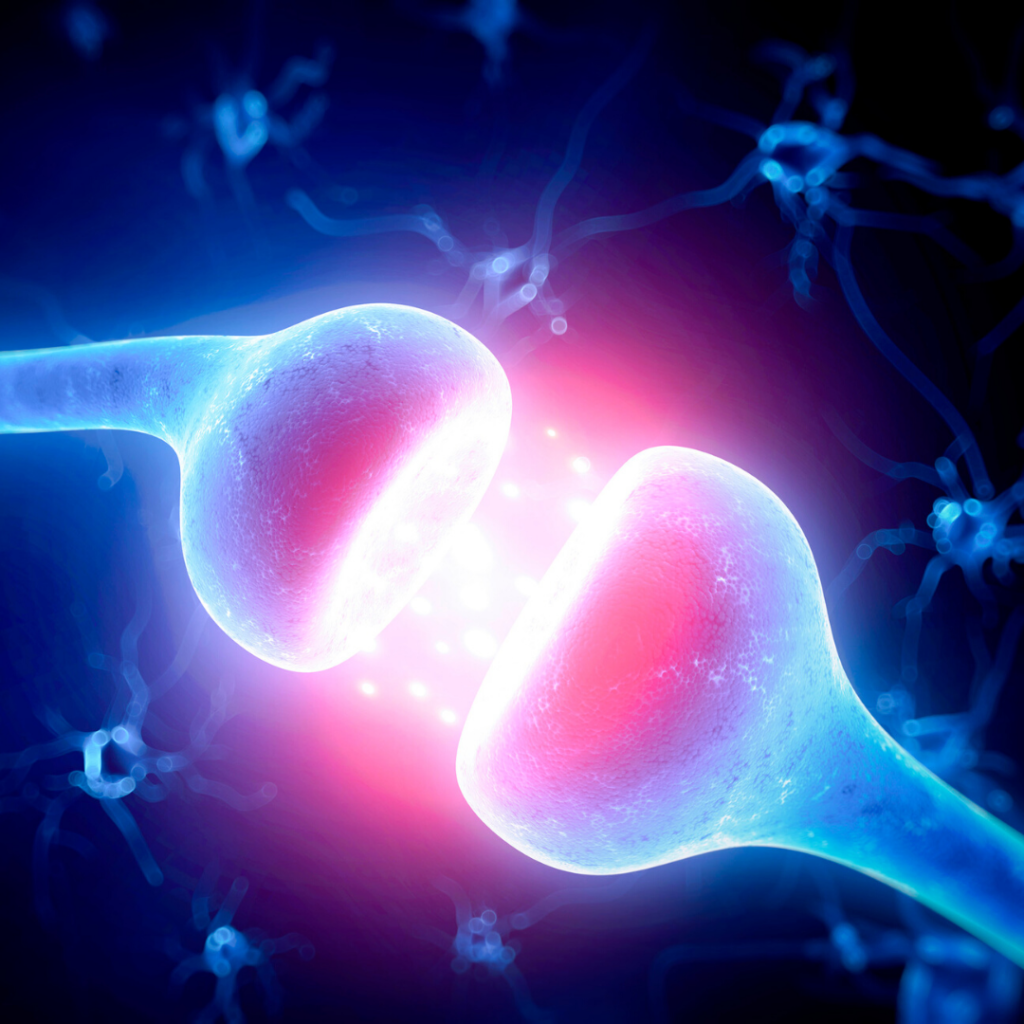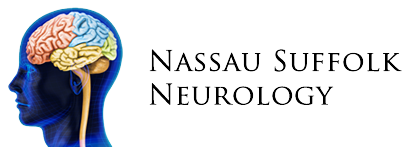How To Evaluate Nerve Activity

When you are experiencing sore or weak muscles and don’t know why, there are ways to evaluate nerve activity that can help give you answers. While an imaging test like an MRI or X-Ray of the spine can provide information about its structure, electromyography (EMG) and nerve conduction studies (NCS) are tests that provide information about the function of the nerves and muscles. Here at Nassau Suffolk Neurology, we interpret neurological tests with expertise and care. Our team is well-versed in treating a wide array of neurological conditions. Continue reading to learn more about how nerve activity is evaluated.
Electromyography (EMG) and Nerve Conduction Studies (NCS)
Electromyography (EMG) and nerve conduction studies (NCS) are diagnostic tests that measure the electrical activity of the nerves and muscles of the body. An EMG test examines the electrical signals the muscles make at rest and while in use. If this test picks up an issue, you may be diagnosed with a neuromuscular disorder. A NCS measures how well and how fast the electrical signals travel down the nerves. Sometimes, abnormalities with the electrical activity in the nerves can cause weakness, tingling, or pain in your muscles. NCS can determine if a nerve has been damaged. Both of these tests can help determine the presence of muscle disease or nerve injury such as:
- Peripheral Neuropathy.
- Carpal Tunnel Syndrome.
- Pinched Spinal Nerve.
- ALS.
- Myositis.
Do I Need an EMG Test and a NCS?
Everyone experiences numbness or soreness in a muscle from time to time. You may have strained a muscle doing an everyday activity. For many people, muscle soreness is caused by an injured nerve rather than an injured muscle. When it’s unclear why you’re having muscle problems, you may need one or both of these tests:
- Numbness or tingling in the extremities or face.
- Muscle weakness.
- Muscle spasms, twitching, or cramps.
- Muscle paralysis.
These tests can help determine the root cause of your muscle weakness and can help rule out conditions that you do not have.
Contact Us
Here at Nassau Suffolk Neurology, our team is highly experienced in diagnosing and treating various neurological disorders. Experiencing muscle weakness can be frustrating, so our team will evaluate and diagnose your condition to help you receive the treatment you need. To learn more about neurological testing, be sure to contact our team today.
